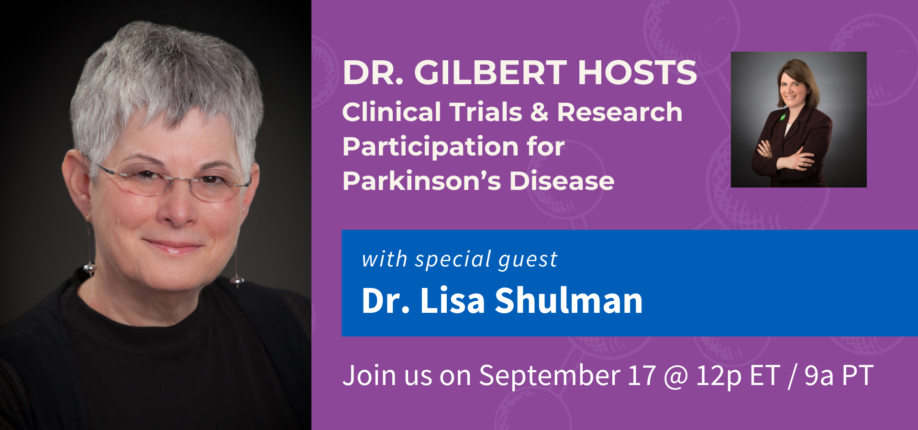
In early June, the Neuro Challenge Foundation for Parkinson’s hosted a webinar on balance and fall prevention. The speaker, Ellen Schaller, discussed how to create a safe home environment by adding grab bars, removing rugs, installing nightlights, and removing cords. She also stressed the importance of exercise, especially exercises with aerobic activity, strength training, balance, agility and multitasking, and stretching.
… Full Story>
